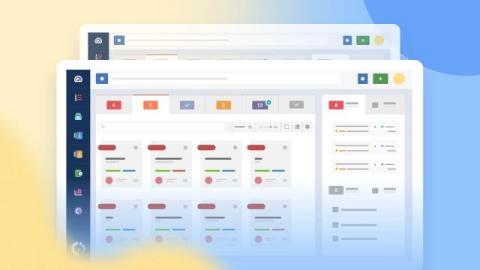Choosing the Right Customer Support Solution for Your Business
Customer support software is a pillar of success for SaaS businesses across any industry. With an ever-increasing dependency on technology, choosing software that can be customized to your needs is necessary to the use of a digital platform. Choosing the right solution for your organization is vital to the success of your company and your customer satisfaction ratings.










